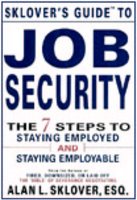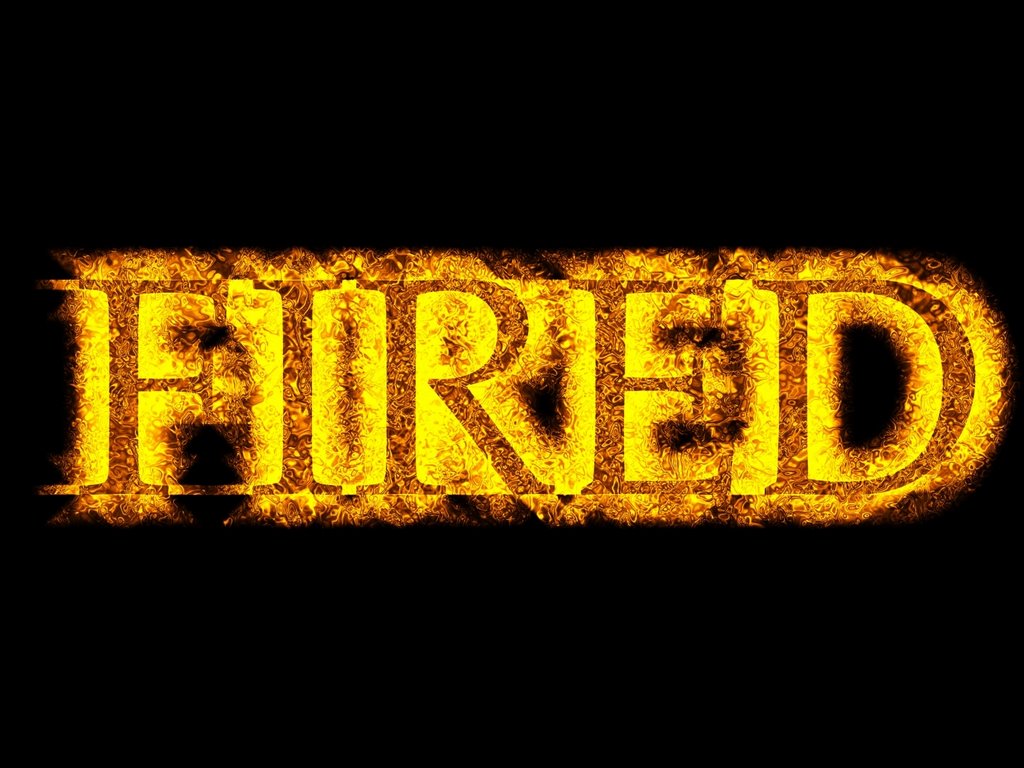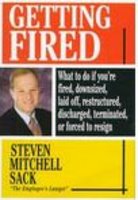Pink Slip? Did You Get a Pink Slip Wrongfully?
Getting a "
pink slip" is a euphamism for a person being fired from a job. If you got a "pink slip" (i.e., were fired) in circumstances that violate public policy, then you may have experienced wrongful termination. Oftentimes, the firing may involve a pretext reason for why your employer fired you. Sometimes, you may have been forced to quit. Sometimes, managers having the decision-making authority over you may have made public statements that evidence their personal discriminatory bias, on which unspoken basis they fired you.
Here is some useful detail for you to consider:
-------------------------
Wrongful Termination: Were You Wrongfully Terminated?
By Carl Mueller
Wrongful termination can be a devastating experience that not only affects your career in the short term but can also affect your ability to get back on your feet and find a new job.
Firstly, your specific job and the employment contract that you signed and the local employment laws that govern where you live may largely determine whether or not you are a victim of wrongful termination.
[
Editor's note: Mr. Mueller writes several times about an employment contract, but for most people in most states, the employment relationship is known as employment at will. Under the at-will doctrine, either party in the employment relationship can terminate the relationship at will, without notice or reason. Many employers misinterpret employment at will to mean they can indulge their discriminatory bias and fire someone (i.e, give them a pink slip) in circumstances contrary to public policy, such as being too old or too disabled. The result may be wrongful termination.]
For example, if you signed a confidentiality agreement and there is verifiable proof that you violated this aspect of your agreement, this would most likely be a legitimate example of being fired for cause ie. the company had the right to fire you.
Another example would be if you were caught stealing from your employer.
But what if the circumstances regarding your termination aren't as clear?
Often when an employee is fired, it might be on the basis of a perceived problem or disagreement of opinion such as your inability to do the job. Here are some other typical reasons that people get fired where a case of wrongful termination may exist:
* A personal conflict with your boss and/or colleagues that results in you getting fired.
* A breach of contract where you are improperly fired for violating part of your contract.
* A downsizing where you are told that your job is being eliminated only to find out that your employer then hires someone to replace you in the exact same position.
* Being fired or forced to quit so that your boss can hire a friend to replace you.
* Sexual harassment ie. you are sexually harassed and when you rebuff the advances or report them, you are fired.
* Discrimination based on sex, race, age, religion, sexual orientation, political affiliation, etc.
* You report a wrongdoing in the company and are fired ie. you are a whistleblower.
These are just some of the reasons where a case of wrongful termination might exist. Certainly your specific situation and the employment laws that govern your area of employment may take precedence.
How Can You Minimize The Chances Of Wrongful Termination?
Wherever possible, always document your work and keep hard copies of any emails or other written documentation that positively comments on your work. For example, if you receive a positive employment review from your boss, bring a copy of it home and keep it on file.
[
Editor's note: For self preservation, many people keep a just-in-case, off-site file of hard copies of emails that might be significant in the future, in the event they ever might get a wrongful pink slip and be subject to wrongful termination. Emails have proved repeatedly to be the core evidence in many cases. You can write an email to yourself to document important facts or occurrences and the email header documents the date and time.]
If you receive written praise from peers regarding a project you worked on, keep a copy of it at home.
I'm not suggesting you remove work-related material and take it home with you if it violates your employment contract or if it's the property of the company but keeping a copy of personal materials that you should be entitled to such as a performance review is legitimate especially if your manager gives you a copy to keep.
If you are unsure, ask your manager if you can keep a copy of your performance review at the time it is given to you.
In this case, I suggest taking a copy home with you because in the case of a firing or downsizing, you might not be allowed to take anything out of the office or to access your computer.
As a recruiter, I've seen job searchers use recent performance reviews from their current employer to highlight certain skills or accomplishments they are proud of.
Having written documentation that positively highlights your work track record can come in handy down the line if you need to illustrate your past performance especially if comments being made about you by an ex-employer contradict positive comments that were written about you earlier on.
If you feel that you are a victim of wrongful termination, the first thing you should consider is getting legal advice to properly understand your situation from a legal perspective and whether or not you have a legitimate case.
Carl Mueller is an Internet entrepreneur and professional recruiter. Carl has helped many job searchers find their dream career and would like to help clear up some of the job search myths that exist while helping job searchers avoid common job search mistakes that cost them jobs.
Visit Carl's website to find your dream career:
http://www.find-your-dream-career.comEzine editors/Webmasters: Please feel free to reprint this article in its entirety in your ezine or on your website. Please don't change any of the content and please ensure that you include the above bio that shows my website URL. If you would like me to address any specific career topics in future articles, please let me know.
Article Source:
http://EzineArticles.com/?expert=Carl_Mueller----------------------------
Technorati tags:
wrongful dismissal,
wrongful discharge,
fired,
employment law,
human resources,
HR,
wrongful termination,
pink slip.
pink slip
Labels: fired, pink slip






